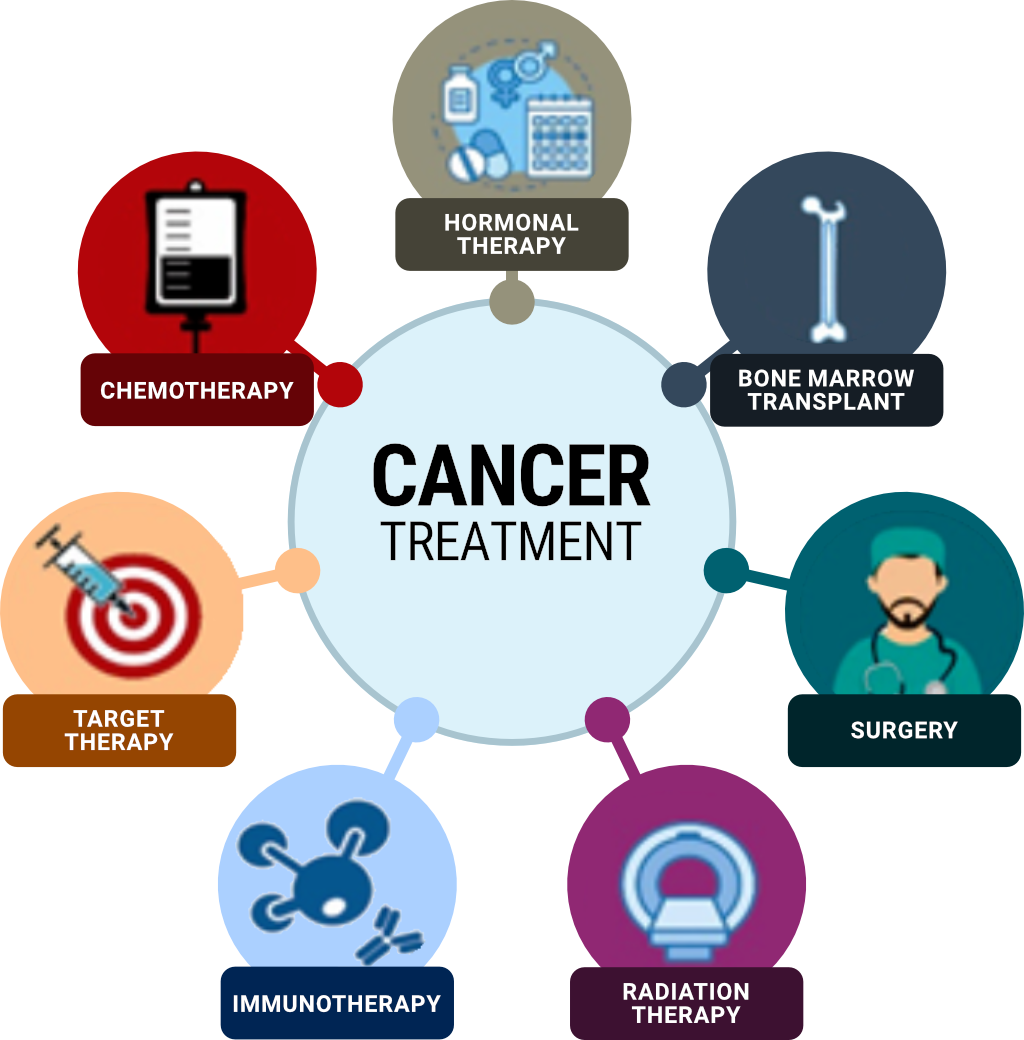Cancer Facts
One in six fatalities globally is attributable to cancer, causing 10 million deaths and 20 million new cases of cancer in 2020, making cancer the second leading cause of mortality worldwide.
A mortality rate of almost 70% in most African countries, late-stage presentation, poor education, loss of hope for cancer outcomes, inaccessible healthcare facilities, and poverty are all major contributing factors.
The majority of cancer-related mortality occurs in low- and middle-income nations, particularly those in Africa. The World Health Organisation (in 2010) estimated that the economic burden of cancer increased globally and in Africa, reaching approximately US$1.16 trillion. An innovative approach to cancer management is crucial.
Cancer has been poorly addressed as a cause of morbidity and mortality in Africa. Despite the fact that these populations are experiencing a fast-rising number of cancer diagnoses due to ageing populations, westernised lifestyles, cultural shifts, socioeconomic challenges, and geographical mobility, any progress is being reversed. Our attention needs to be on the poor data collection about local and recent risk factors for cancer in this population that is constantly growing and changing.
The good news is that behavioural and dietary modifications could prevent up to 50% of cancer cases in the developing world and another 30% of cancer-related deaths. Cancer from infections such as hepatitis and human papillomavirus (HPV) is responsible for up to 25% of cases. Understanding how preventable these cancers are highlights the value of education and awareness efforts that have a thorough understanding of the audience they are intended to reach. It is important to guarantee impact through education within the community. Screening programmes can be effective for select cancer types and can potentially eradicate them
The need for an innovative and dynamic approach to cancer care is critical, given the high rates of mortality and morbidity. HIT Consults' method for enhancing cancer care in underdeveloped nations is comprehensive. We are conscious of the obstacles to quality education, such as limited access, inadequate comprehension, and cultural barriers. Our strategy begins with grassroots improvements and progresses to collaborations with tertiary institutions.



